Update: Can COVID-19 Cause Sepsis? Explaining the Relationship Between the Coronavirus Disease and Sepsis
The rapid global spread of the novel coronavirus SARS-CoV-2 has caused societal, economic, and medical upheaval not seen since the 1918 influenza pandemic. As of April 7th, the World Health Organization has confirmed cases in 203 countries, areas or territories, with over 1.2 million confirmed cases and over 65,000 deaths. Further, many experts believe these numbers to be a gross underestimate for a variety of reasons, including inadequate testing capacity and suboptimal reporting of cases. Despite extensive modeling by epidemiologists all over the world, it is not possible to accurately predict the course and duration of this pandemic. It is important that we continue to obtain objective data on which we base recommendations. A calm and rational approach from both society and individuals is necessary during these uncertain times.
There remains considerable confusion regarding the differences between seasonal influenza and COVID-19 (the illness caused by SARS-CoV-2). While both viruses are capable of causing severe illness and can spread rapidly, it appears that SARS-CoV-2 is a more deadly pathogen on a case-by-case basis, can be spread during the asymptomatic phase, and is capable of much more rapid spread. The higher burden and mortality may be attributed to the fact that SARS-CoV-2 is a “newly emerged” virus, and consequently, there is very little innate immunity to it among humans, unlike with influenza where both prior infection and annual vaccination can provide protection. Overall, however, the sheer contagiousness of this new virus has led to the high morbidity and mortality seen globally – simply put, healthcare systems have been unable to cope with the number of infected persons seeking care. Indeed, a proportion of the reported deaths are due to overwhelmed medical systems rather than the virulence of COVID-19. This is a crucial factor explaining the “flatten the curve” strategy adopted by many countries.
Now that more scientific data are available on COVID-19, the African Sepsis Alliance can more definitively state that COVID-19 does indeed cause sepsis. Sepsis is “a life-threatening organ dysfunction caused by a dysregulated host response to infection.” In the case of COVID-19, the effects on the respiratory system are well-known, with most people requiring hospital admission developing pneumonia of varying severity; however, virtually all other organ systems can be affected. This is consistent with a combination of direct viral invasion and sepsis. For example, in a recently published case series of severe COVID-19 cases from the Seattle area in the United States, over 30% had evidence of liver injury and 75% had evidence of a depressed immune response1; another series from the same region reported acute kidney failure in almost 20% of affected patients requiring ICU care 2, and both series reported septic shock severe enough to require drugs to support the heart and circulation in almost 70% of patients. A recent study from China reported that in patients hospitalized with COVID-19, 28% had evidence of significant heart damage (potentially from direct invasion of cardiac muscle by the virus), resulting in heart failure and abnormal heart rhythms – this damage was associated with a five-fold increase in the risk of death3. As there are no proven therapies effective against the virus itself, it is apparent that the best COVID-19 care includes good sepsis care.
Effective and safe treatments for COVID-19 are urgently being sought by scientists across the world. Although it is hoped that the first batches of a COVID-19 vaccine will begin to be tested in humans in April 20204, large-scale distribution of a viable vaccine may still be a year or more away. Treatment trials are underway with antiviral agents such as Lopinavir/ritonavir (LPV/r), Hydroxychloroquine (HCG), Hydroxychloroquine plus azithromycin, Favipiravir (FPV), Remdesivir (RDV), and with immunomodulators such as Tocilizumab, the anti-C5a antibody IFX-1, and Intravenous Immunoglobulin (IVIG). In addition, potential treatment with convalescent serum is being attempted and trialed.
However, despite these efforts, presently there are no specific treatments for COVID-19. As such, the African Sepsis Alliance continues to strongly advocate for strict adherence to the basic protective measures recommended by the WHO – handwashing, maintaining social distancing, avoiding touching one’s face, practicing proper respiratory hygiene, staying at home if feeling unwell, and obtaining prompt medical care if fever, cough, and breathing difficulty develop together. We also recommend close attention and adherence to the restrictions on social gatherings set by local health authorities and government bodies. We encourage you to assess the particular challenges faced by the healthcare systems in your area, and if you are able to materially assist in any way (including something as simple as volunteering to be a blood donor), please do so. We are in this together. Be safe.
This article was published on April 7th, 2020, with the most recent data from the WHO Situation Report from April 6th, 2020 - we expect both cases and deaths to rise further. The views in this news post are not intended or implied to be a substitute for professional medical advice. Special thanks to Nathan Nielsen, Niranjan ‘Tex’ Kissoon, Konrad Reinhart, Dennis Kredler, Mahawi Aljuaid, and Simon Finfer for helping to put this article together.
References
1 (Bhatraju PK, et al. NEJM 2020)
2 (Arentz M, et al. JAMA 2020)
3 (Guo T, et al. JAMA 2020)
4 https://time.com/5790545/first-COVID-19-vaccine/

